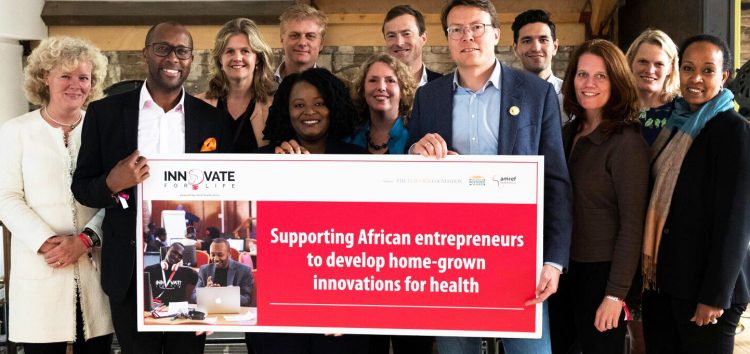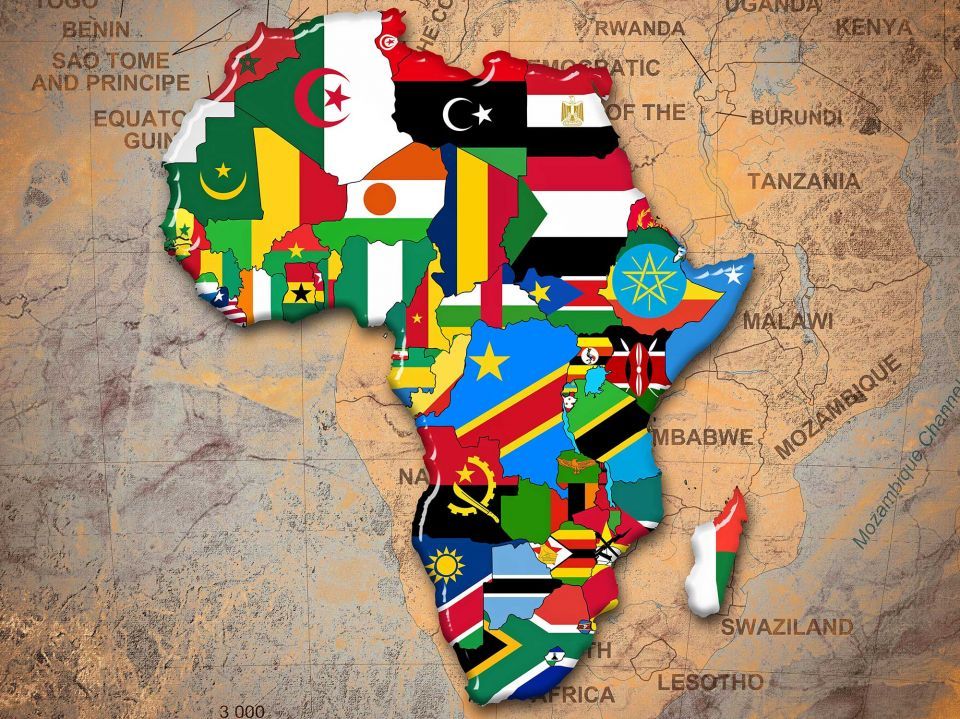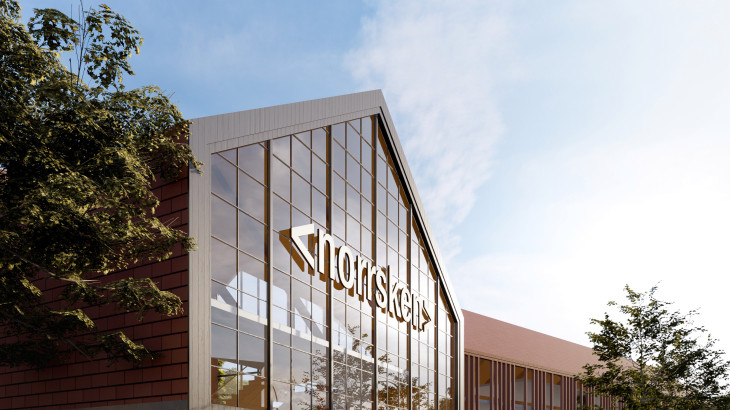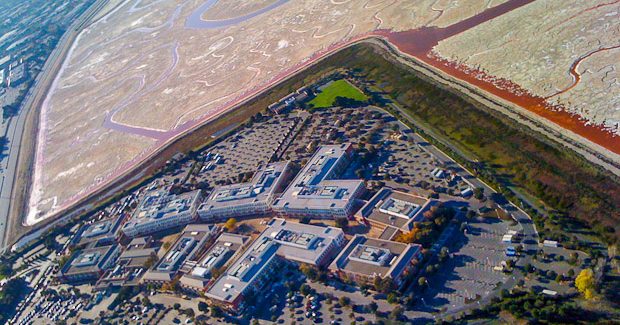Standard Chartered accelerates momentum of its digital strategy across Africa
Standard Chartered announces the launch of social banking solution for Africa in Kenya, Uganda, Ghana, and Tanzania
Standard Chartered has announced yet another multi-market launch of its digital bank in Botswana, Zambia, and Zimbabwe as part of its digital transformation strategy in Africa. The next wave of digital-only banks follows launches in Uganda, Tanzania, Ghana and Kenya in the first quarter of the year and Côte d’Ivoire in 2018.
The expansion in Africa comes at a time when the continent, with a growing economy and population, is demanding wider access to digital services. The digital banking solution provides Standard Chartered customers across the eight markets with affordable, convenient, fast and easily accessible banking services.
The first-of-its-kind digital bank in Botswana and Zambia offers a truly end-to-end digital account opening experience which has been developed following client feedback to offer a convenient platform to service all their banking needs.

Commenting on the launch, Sunil Kaushal, Regional CEO, Africa, and the Middle East said: “This is a significant achievement for the Bank having now launched digital banks in 8 markets in 15 months of our initial launch in Côte d’Ivoire. The growing population of Africa is demanding faster and more convenient banking and it has been very rewarding to witness increased acceptance and growing demand for our digital products across the continent. We have an exciting pipeline of product launches on this platform which will position us as the premier digital bank in our markets of choice.”
By digitalizing the entire banking experience, customers will be able to enjoy simple, secure, and affordable banking anytime, anywhere. Active customers of the digital bank will also be eligible to receive loyalty benefits and promotions.
In just under 15 months, Standard Chartered has launched its digital banks in eight markets across Sub-Saharan Africa with impressive results. In Côte d’Ivoire the digital bank has exceeded initial expectations with 18,000 new account openings, in Uganda the Bank has seen an eight-fold increase in new account openings, whilst in Tanzania, the Bank has signed up more new customers since launching in March this year than in the whole of 2018.
The Bank is expected to continue its digital expansion in African markets with another launch planned in September for Nigeria.
Launch of social banking with SC Keyboard
In its continued efforts to meet the rising demands of Africa’s young and digitally-savvy population, Standard Chartered has also launched SC Keyboard, which allows customers to access a variety of financial services from within any social or messaging platform without having to open the Banking app. Initially launched in Kenya, Uganda, Ghana, and Tanzania, the solution is a first for the Bank in Africa and will be rolled out to Botswana, Zambia, Zimbabwe and Nigeria throughout the rest of the year.
The keyboard-based banking solution allows clients to transfer money in real-time, pay utility bills and instantly check balances from within any social or messaging platform. The unique digital solution can be configured as the default keyboard on any smartphone, making banking quick and seamless for customers who no longer need to log into their SC Mobile app for basic banking services.
The solution is ideal for the African market, which continues to see a rising number of social media users. According to the Hootsuite and We Are Social Global Digital Report 2019 (https://bit.ly/2GcsJhM), in 2018 alone the African continent saw a 12 percent increase in active social media users and a 15 percent increase in active mobile social media users. This is not surprising given that 82 percent of the population have mobile connections.
According to Jaydeep Gupta, Regional Head of Retail Banking, Africa and the Middle East, “Following the additional rollouts of our online retail banks across Africa, SC Keyboard is an important milestone in our digital journey. SC Keyboard was designed with our clients in mind, as users can now pay their bills, view their account balances and transfer money to their friends or family through any social or messaging platform. Increased prosperity has made the African population more financially savvy and many users seek new and easy ways to handle their money. We want our interactions to be simple, intuitive and seamless – with, we will remain committed to leveraging the best technology to bridge digital and human channels and enhance customer centricity and service delivery.”
- To enjoy the seamless and easy access to banking by SC Keyboard, clients need to:Have an Android or iOS smartphone phone with fingerprint support
- Install SC Mobile app and enable SC Keyboard in the device settings
- Select SC Keyboard as your default keyboard and start using it
Kelechi Deca

Kelechi Deca has over two decades of media experience, he has traveled to over 77 countries reporting on multilateral development institutions, international business, trade, travels, culture, and diplomacy. He is also a petrol head with in-depth knowledge of automobiles and the auto industry.






















